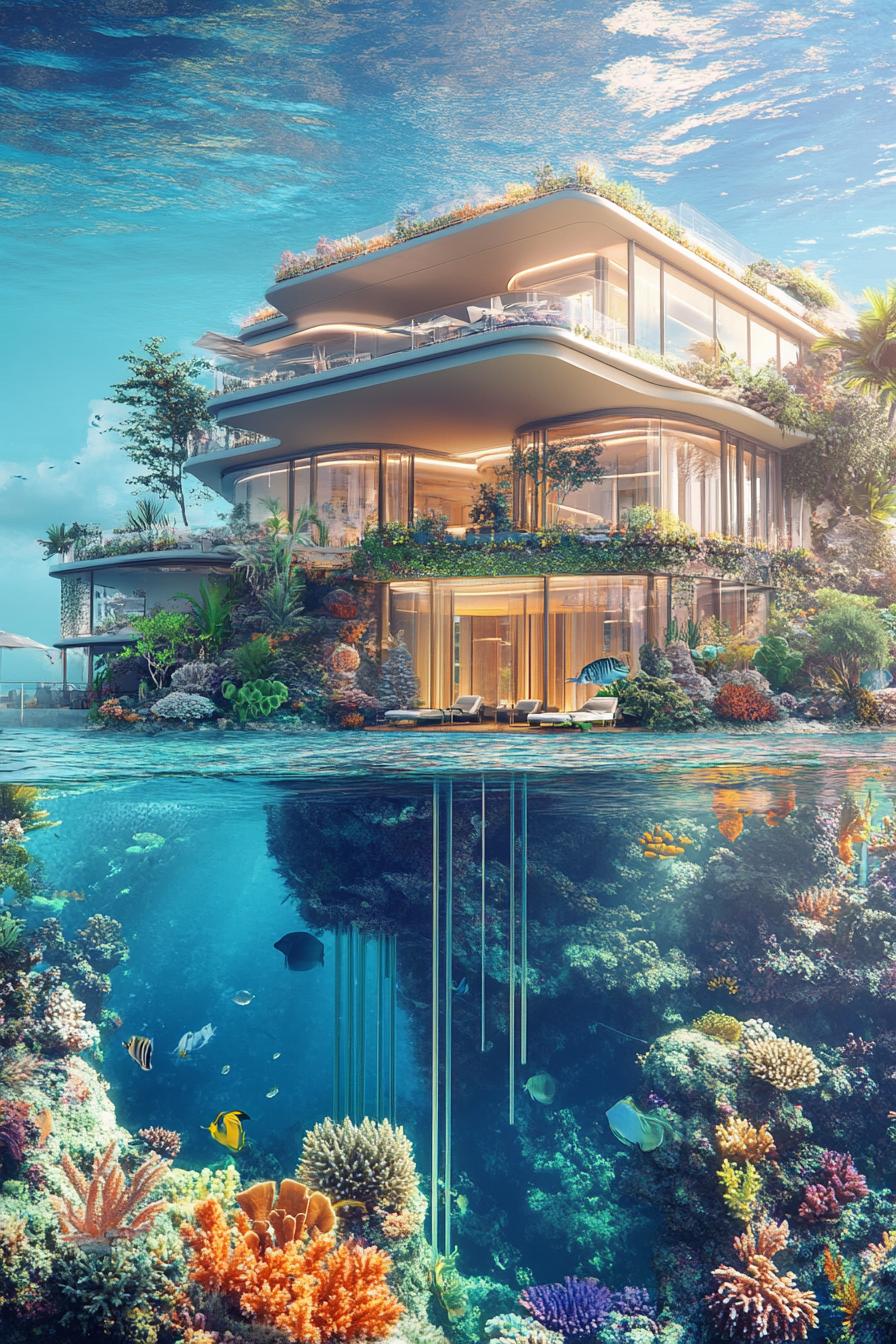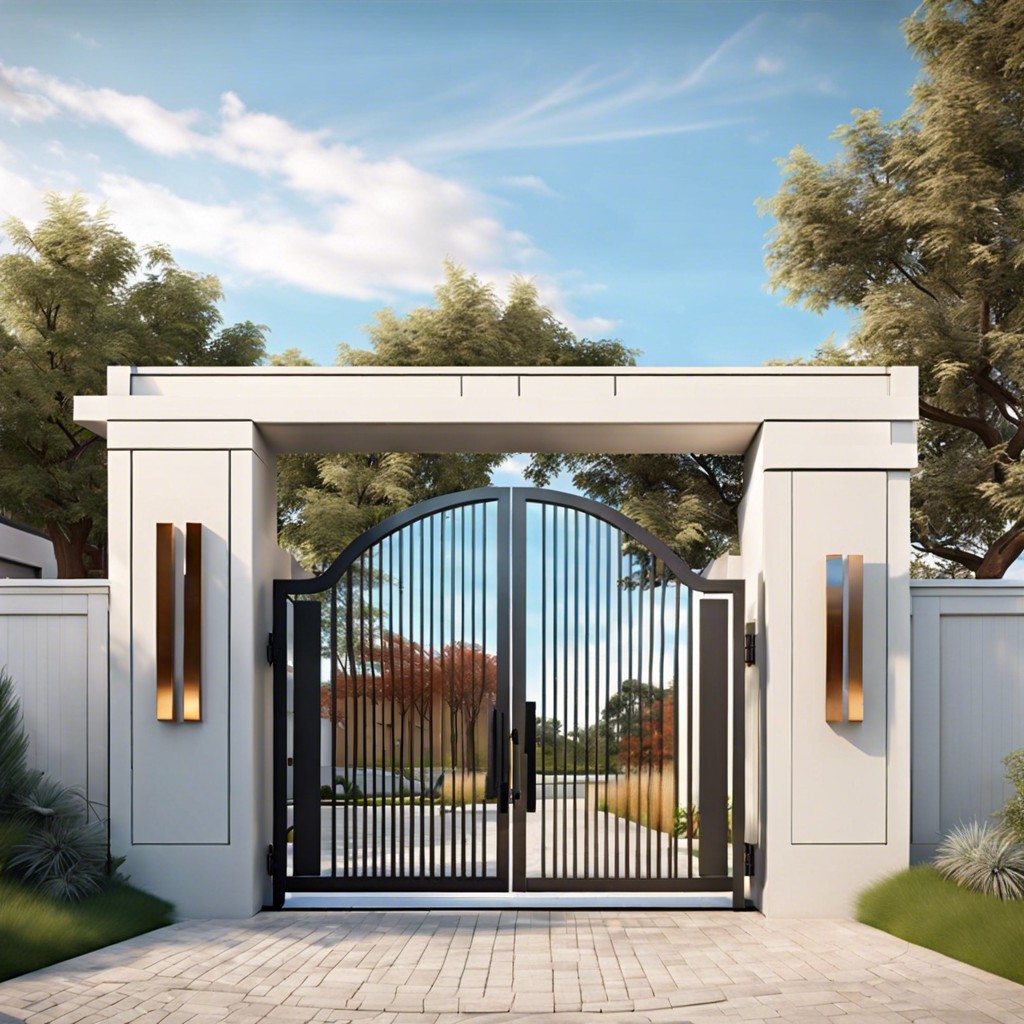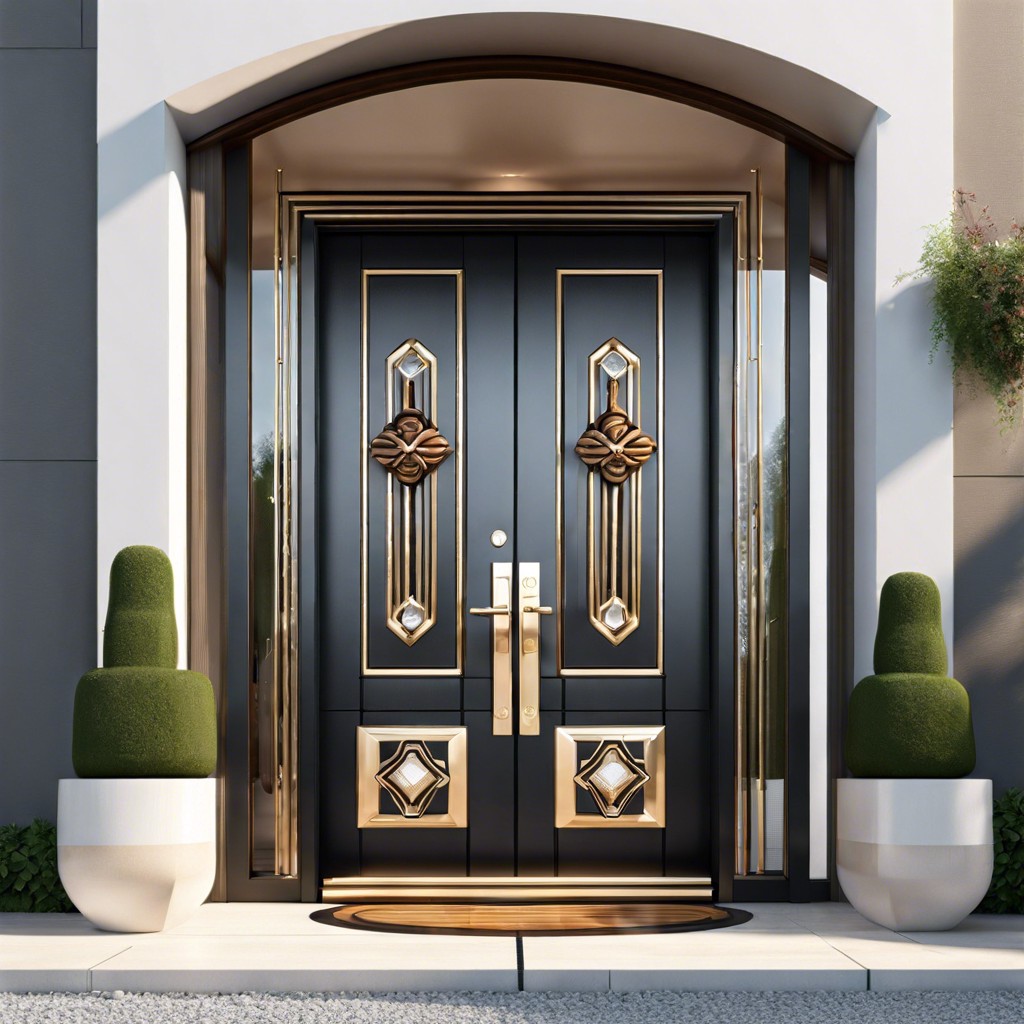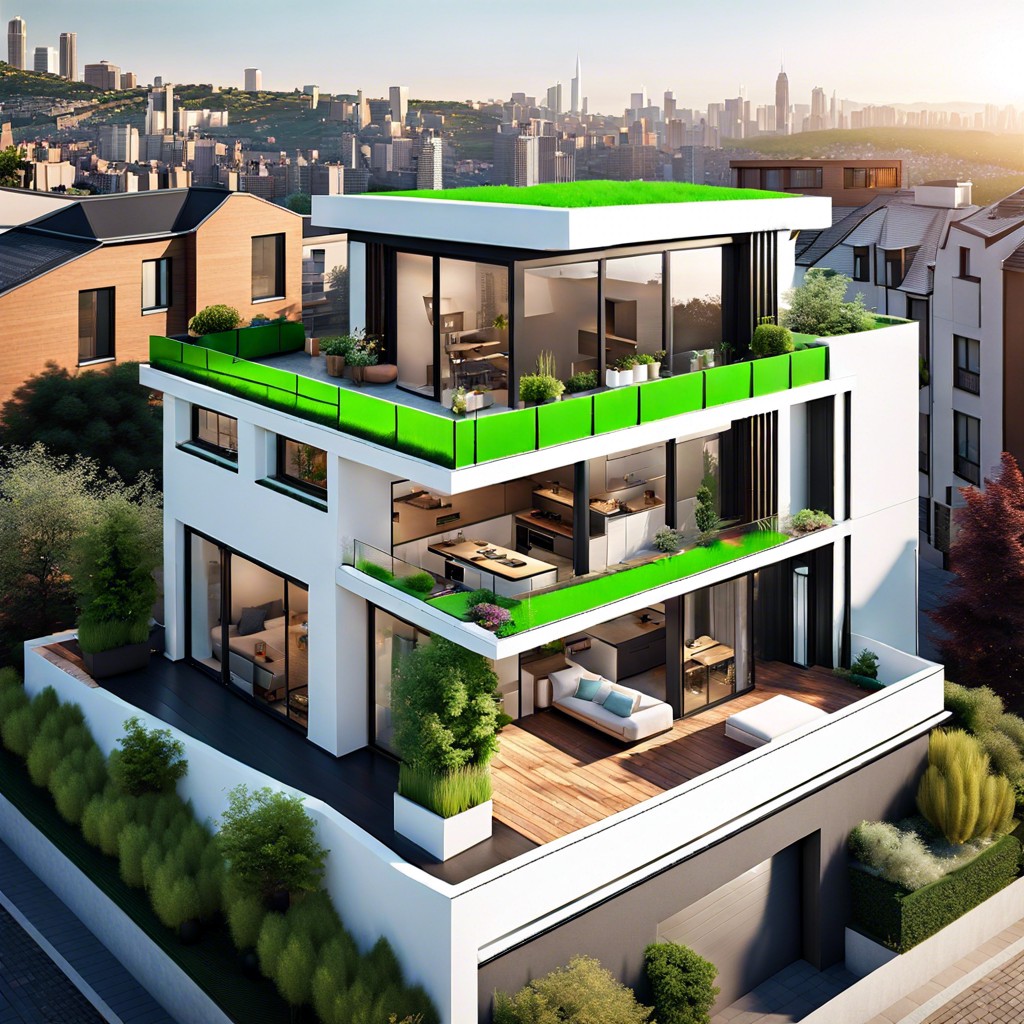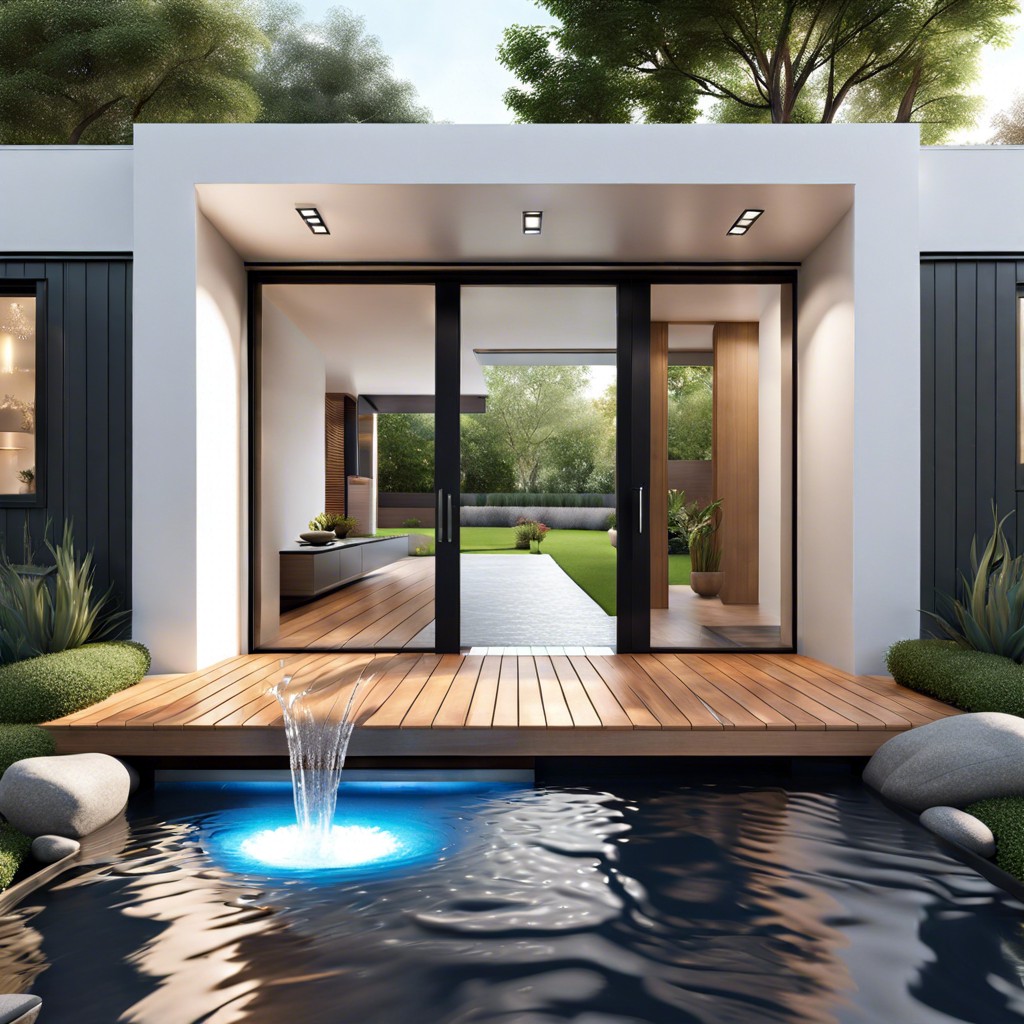Last updated on
Discover easy and fun ways to make your home greener and your energy bills slimmer with these practical energy-efficient ideas.
Energy-efficient homes—been there, done that, right? But wait! Hold your insulation rolls and LED bulbs.
My mission here is to toss those old ideas aside and dive into some fresh, zesty concepts you haven’t Googled to death. Brace yourself; you’re about to discover unique ways to make your home a pioneer in energy efficiency.
Solar Panel Roofing
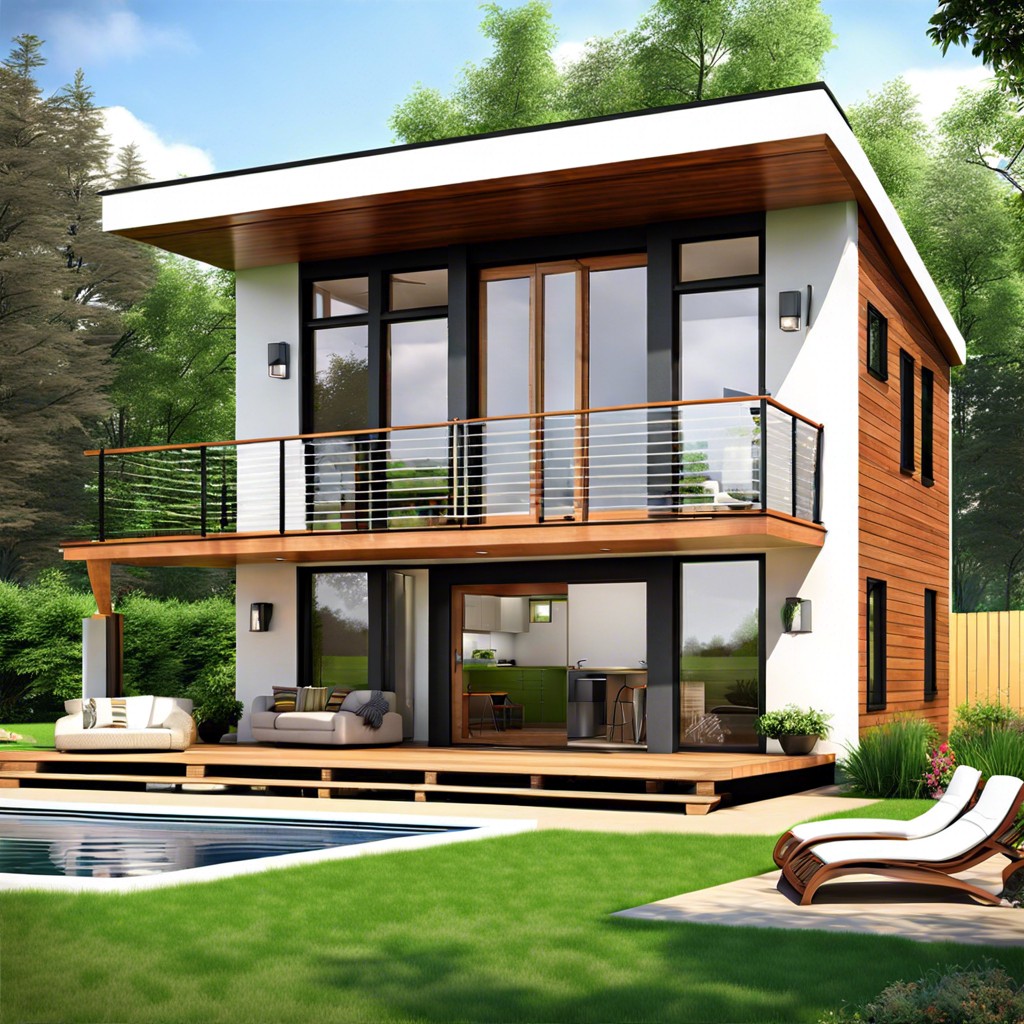
Solar panel roofing harnesses sunlight to generate electricity for the home, reducing energy bills and environmental impact. Ideal for energy-efficient homes, it is a sustainable and cost-effective way to power your house.
Geothermal Heating and Cooling
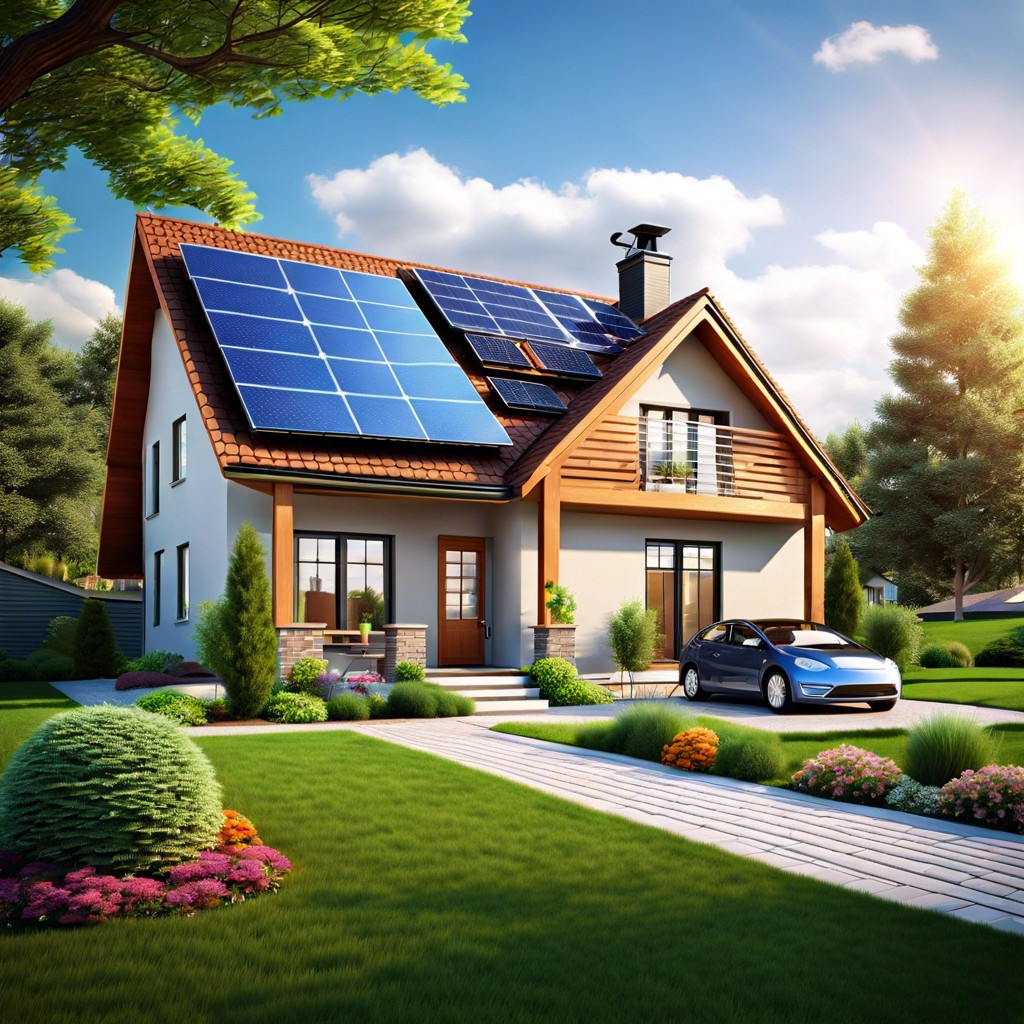
Geothermal heating and cooling systems use the earth’s consistent temperature to regulate indoor climate, reducing energy consumption. This sustainable solution provides efficient and cost-effective temperature control for homes.
Energy-efficient Windows
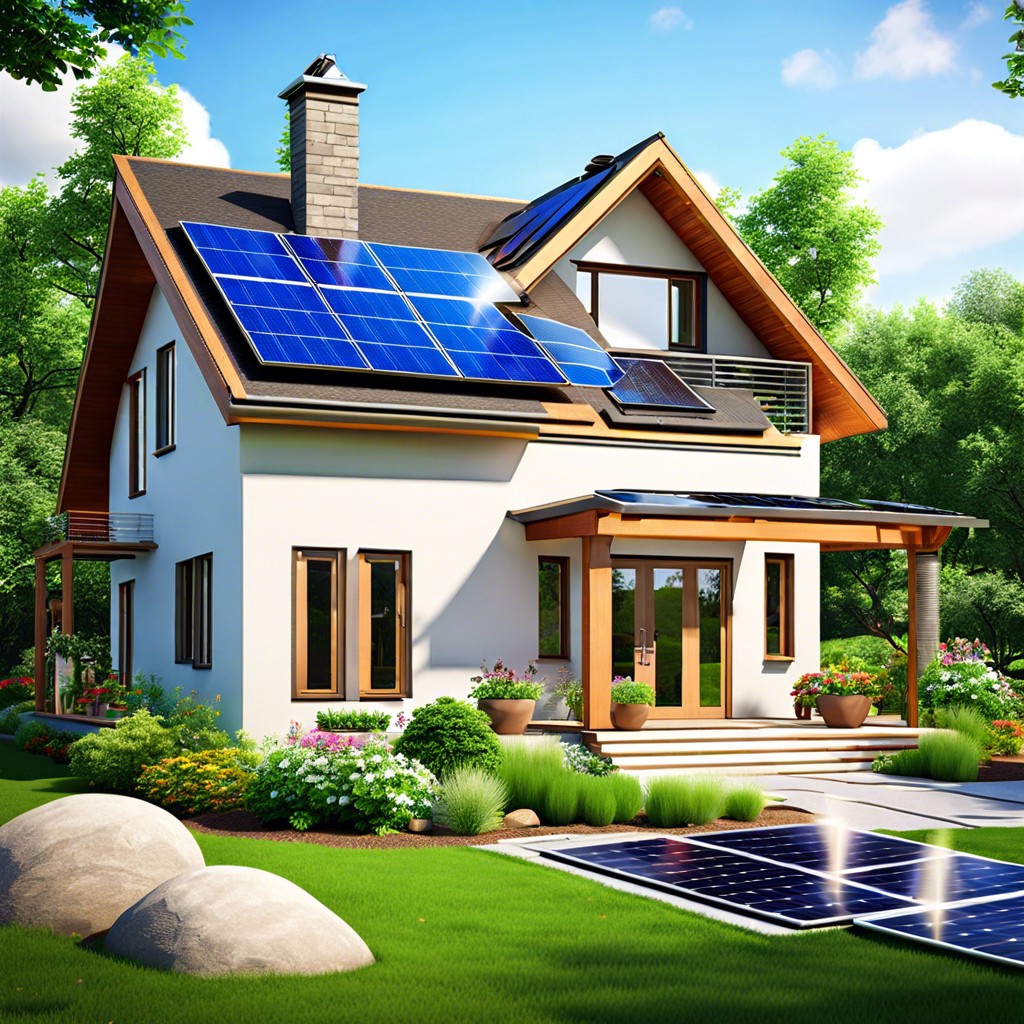
Energy-efficient windows play a significant role in maintaining a comfortable temperature inside a home by minimizing heat loss and gain. They help reduce energy consumption and improve the overall efficiency of a house.
Smart Thermostats
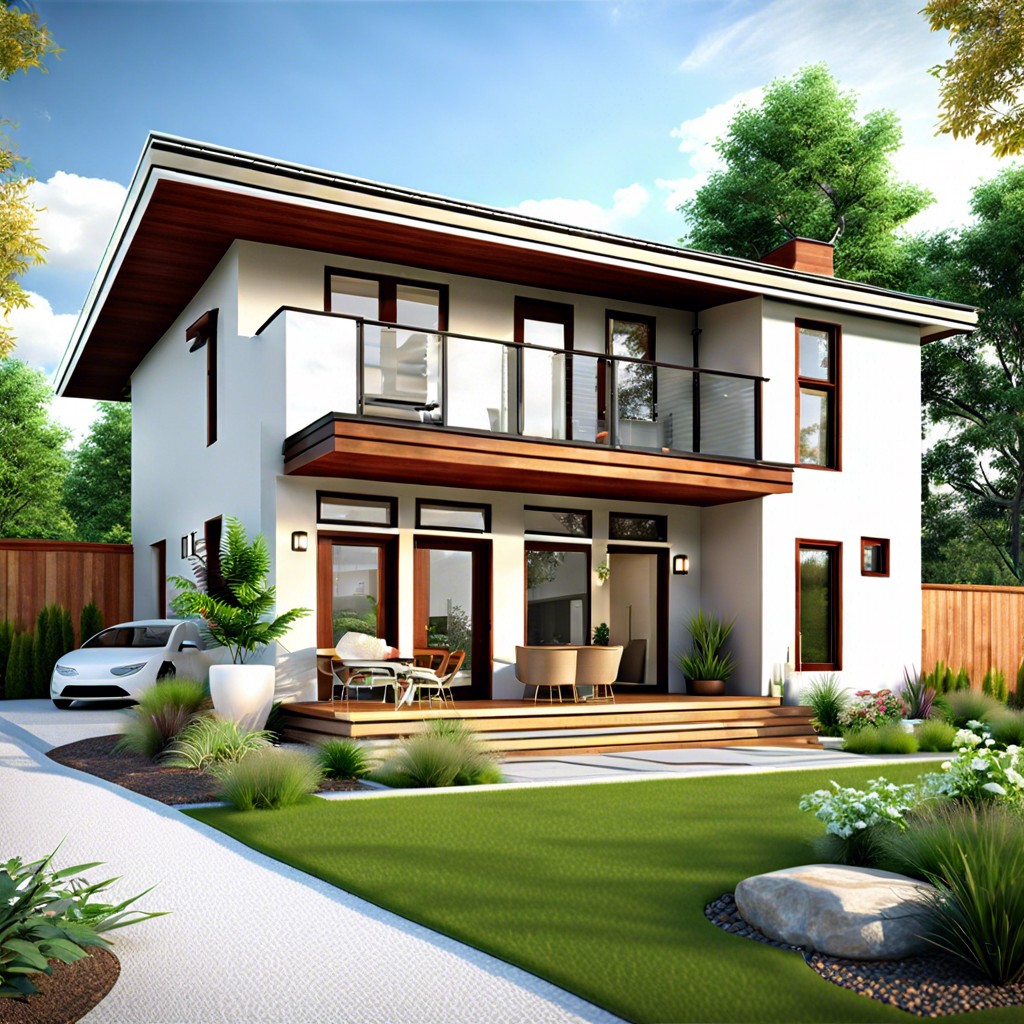
Smart thermostats help regulate home temperature, learning your preferences for optimal energy efficiency. They can be programmed to adjust settings based on your schedule.
Rainwater Harvesting Systems
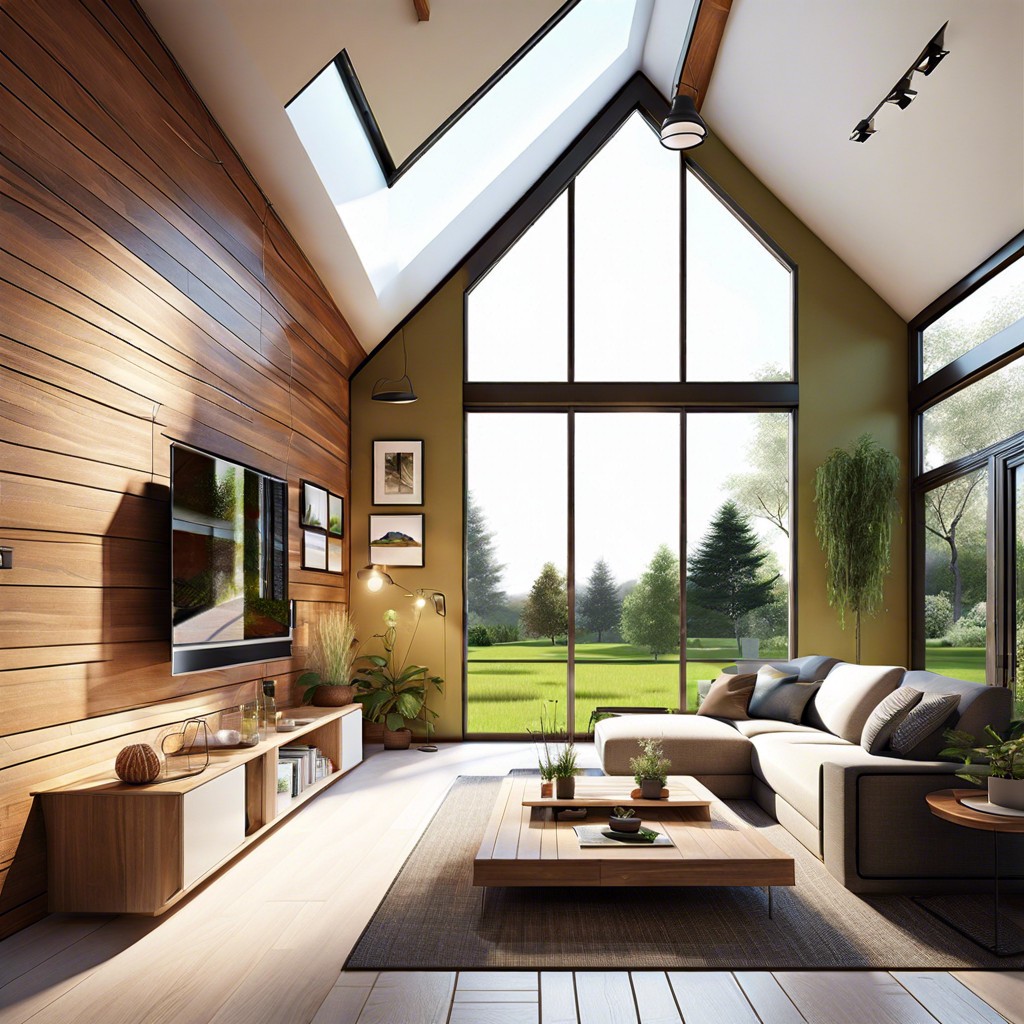
Rainwater harvesting systems collect and store rainwater for later use in the home. This sustainable practice helps reduce water bills and contributes to a more environmentally friendly household.
Passive Solar Design
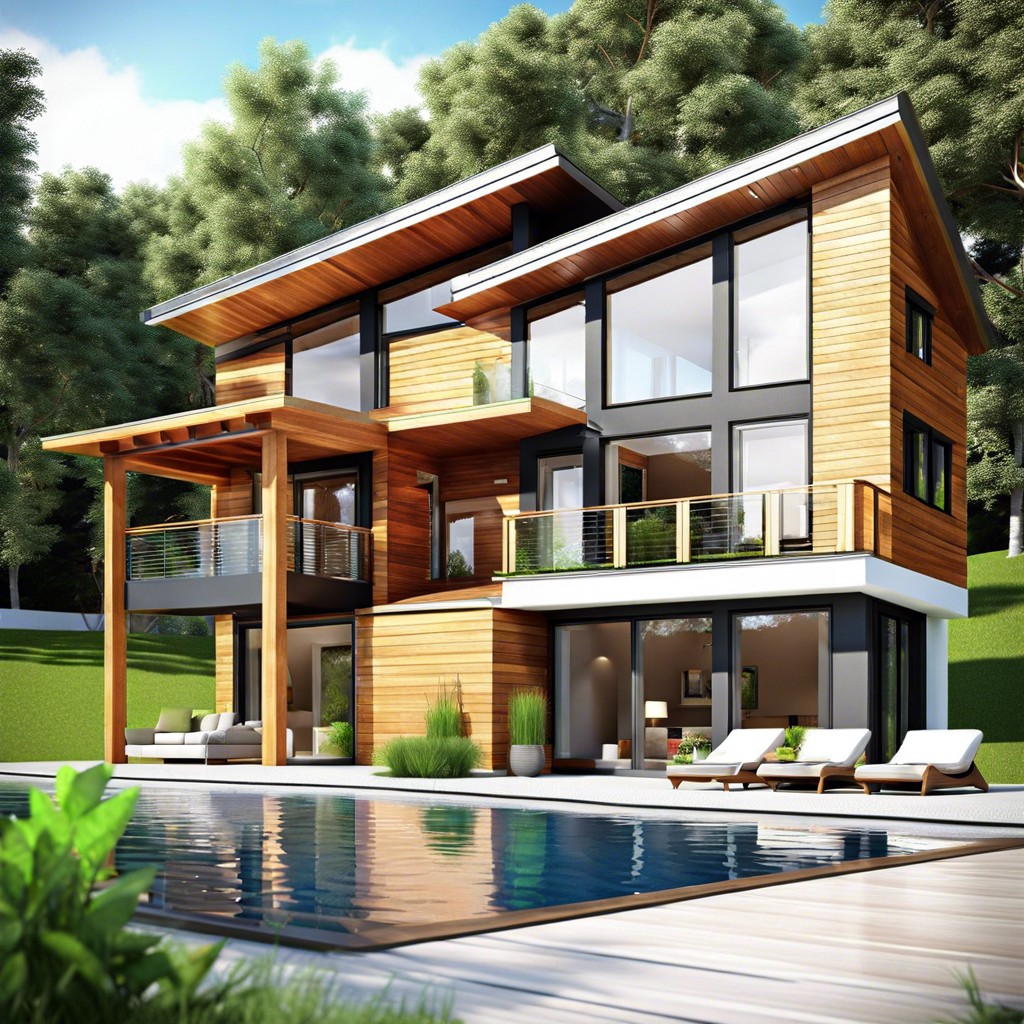
Passive solar design utilizes the sun’s energy for heating and cooling purposes within a home. It involves strategically positioning windows, walls, and materials to maximize natural light and heat during winter while minimizing them in summer.
LED Lighting Throughout
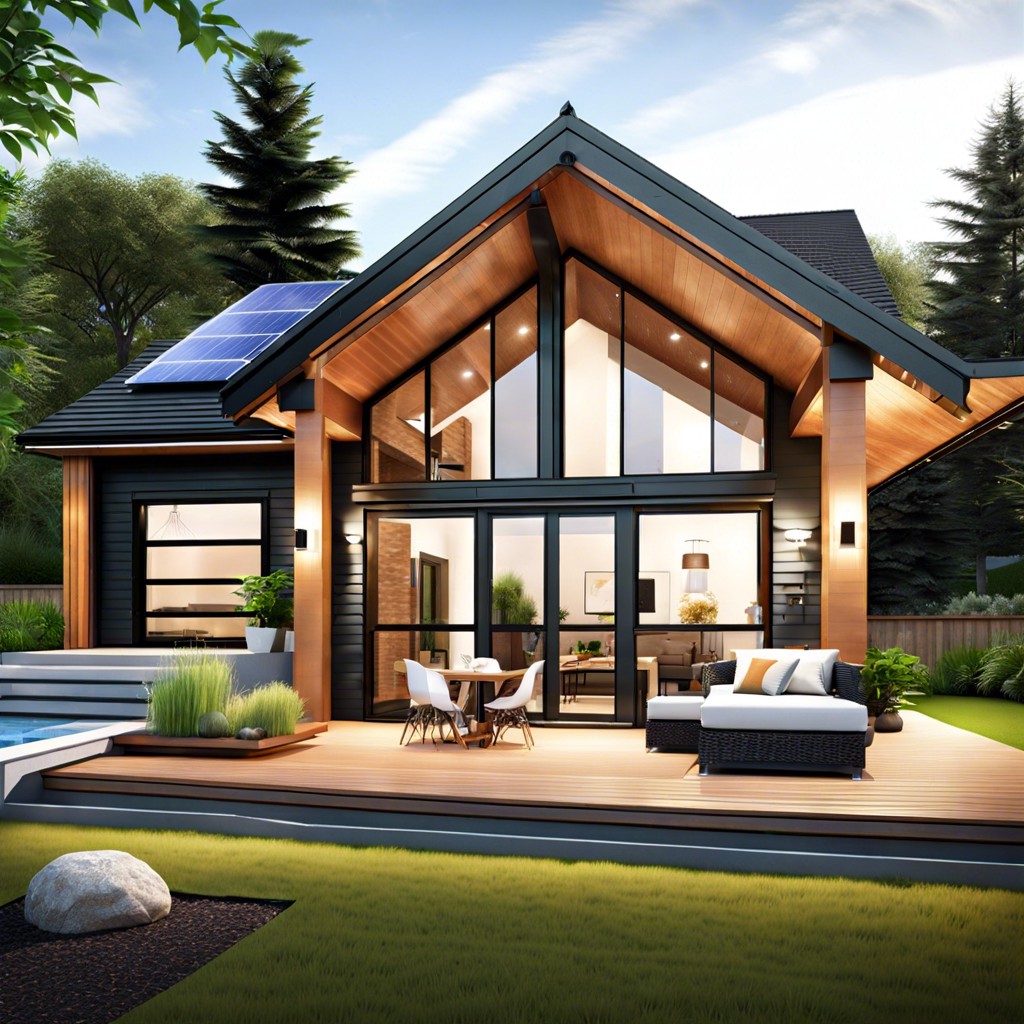
LED lighting throughout ensures energy-efficient illumination in every corner of the house, contributing to reduced electricity consumption.
LED lighting is long-lasting and has low heat output, making it an eco-friendly addition to any energy-efficient home.
Green Roofs With Vegetation
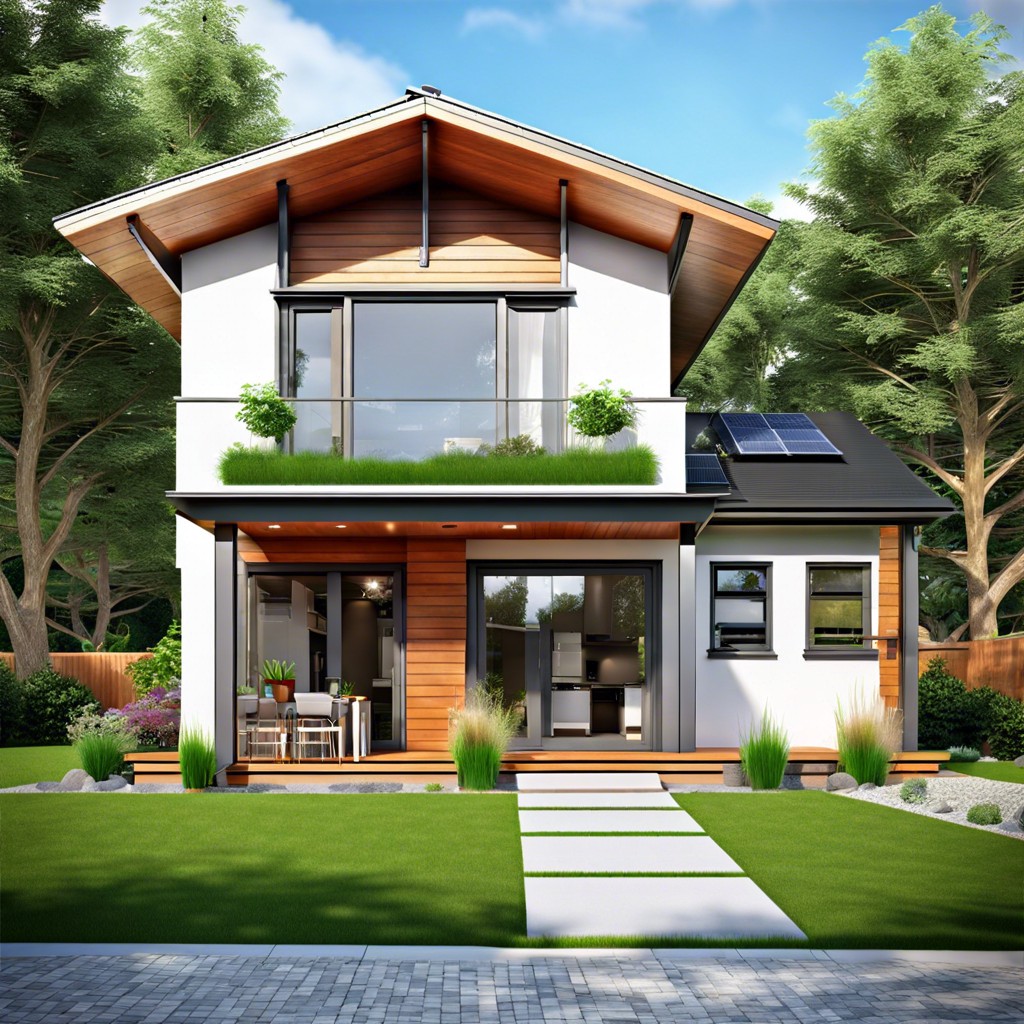
Plants on roofs provide insulation and absorb rainwater, reducing energy consumption and urban heat island effects. Green roofs help improve air quality, create habitat, and increase property value.
Energy Star Appliances
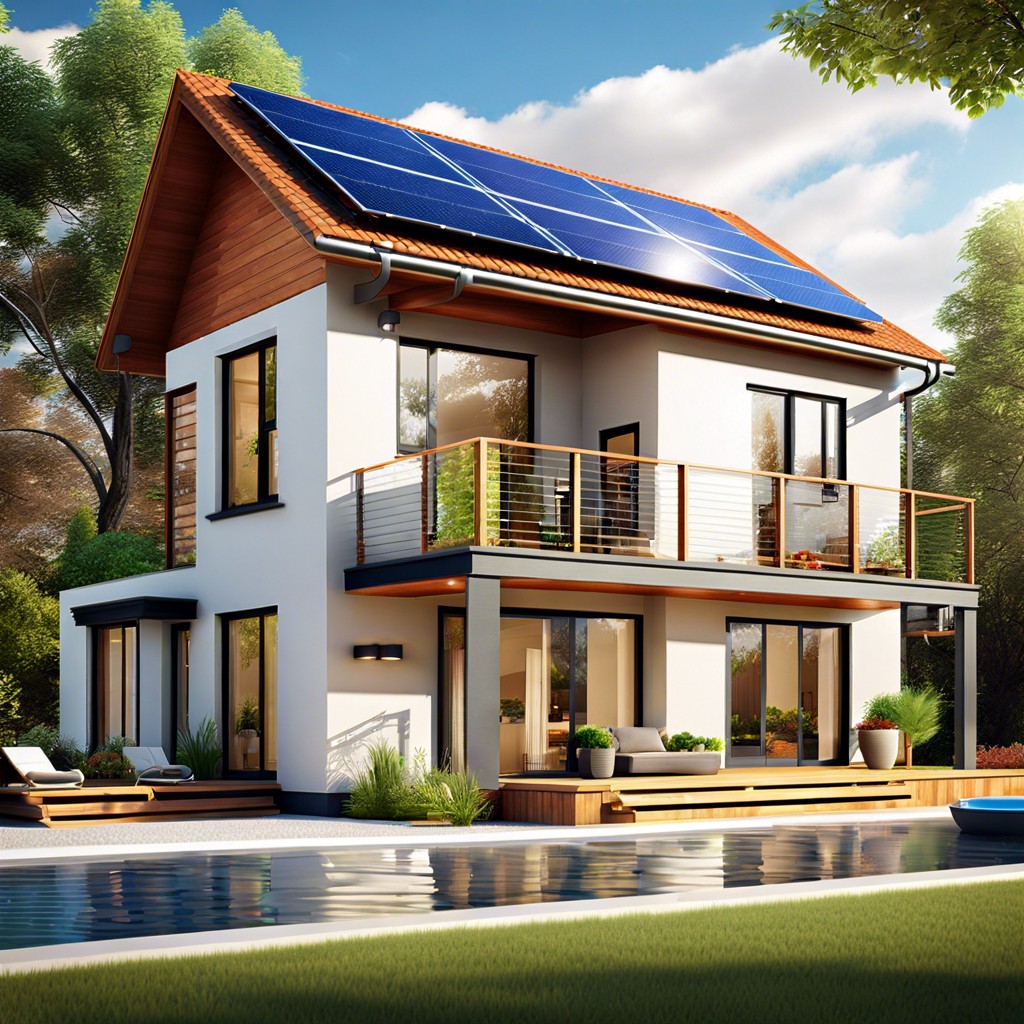
Energy Star appliances help reduce energy consumption, making them a valuable addition to energy efficient homes. Look for the Energy Star label when shopping for new appliances.
Insulated Concrete Form Construction
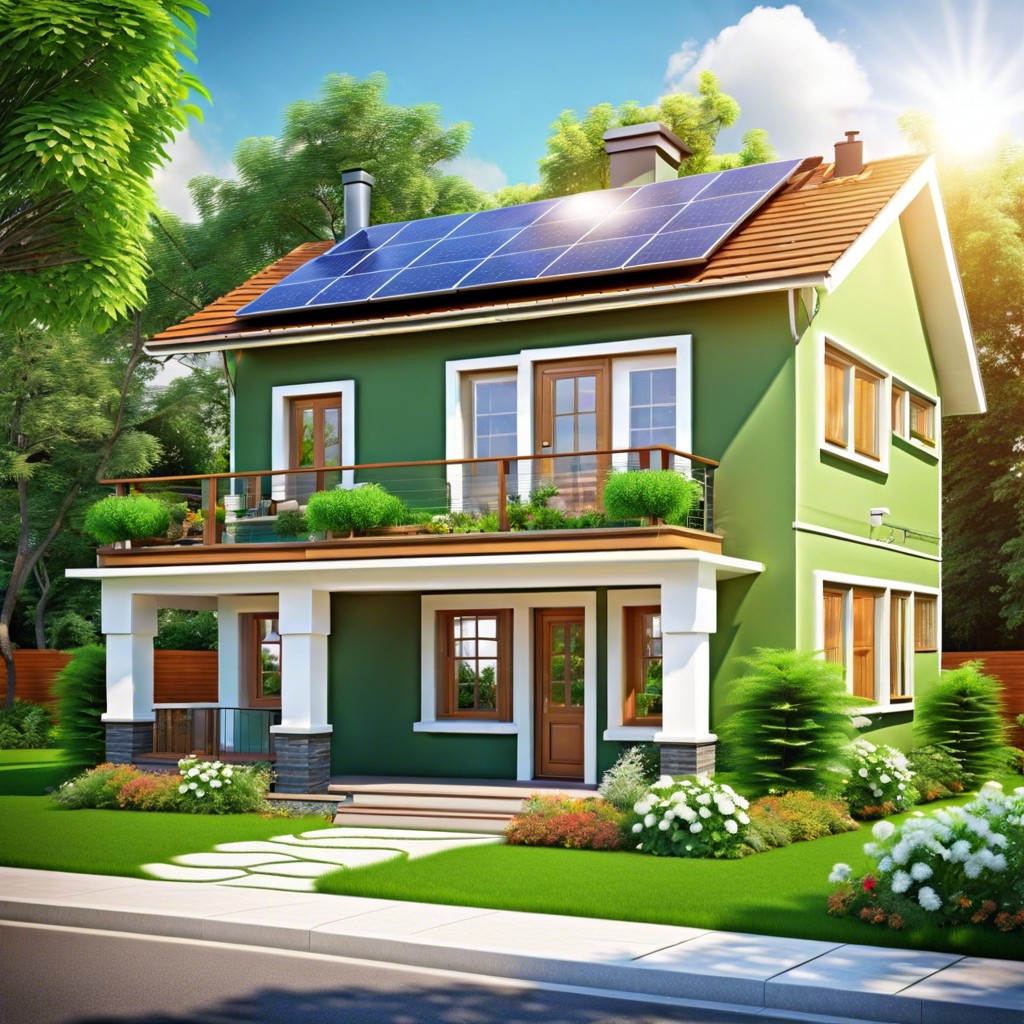
Insulated concrete form construction enhances energy efficiency by providing superior insulation. This construction method reduces energy costs and promotes a comfortable indoor environment.
Greywater Recycling Systems
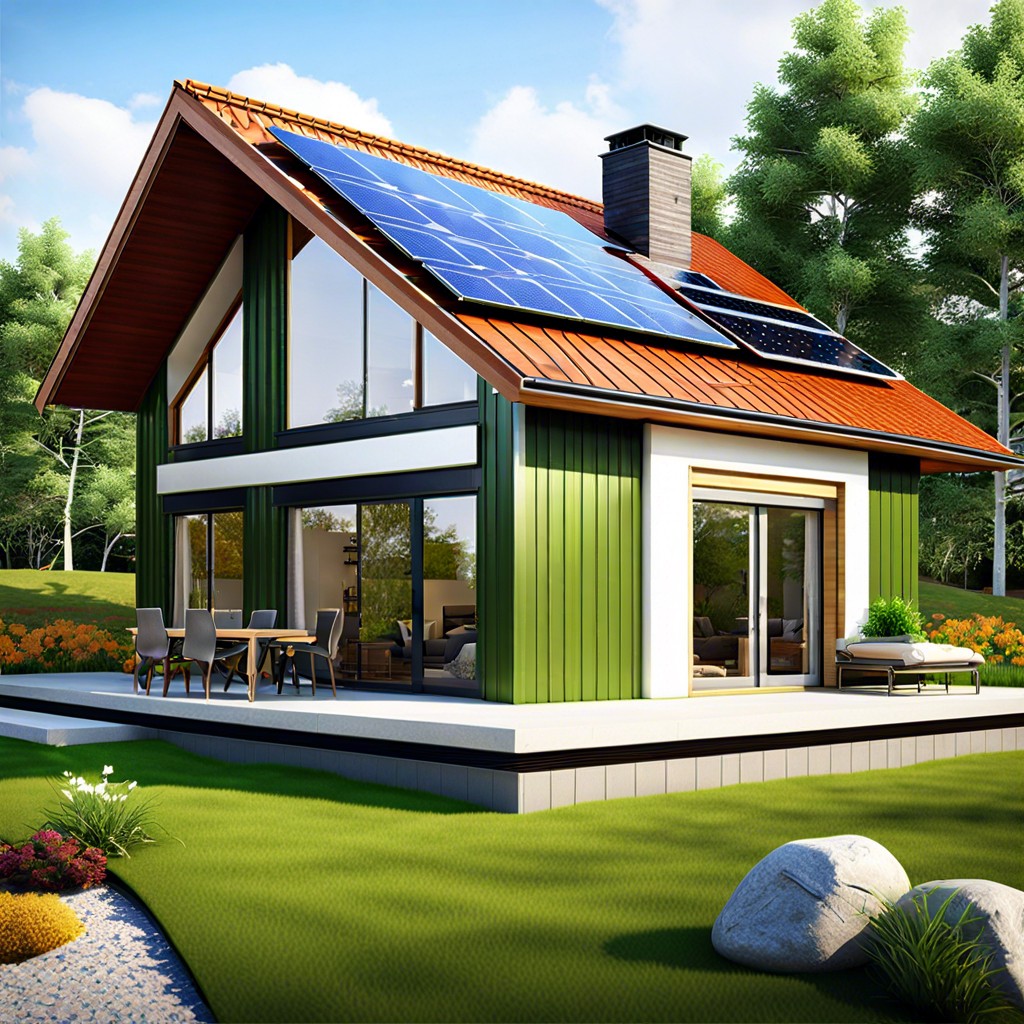
Greywater recycling systems collect wastewater from sources like sinks and showers, treat it, and reuse it for tasks like watering gardens or flushing toilets. They assist in water conservation and reduce utility costs.
Solar Water Heaters
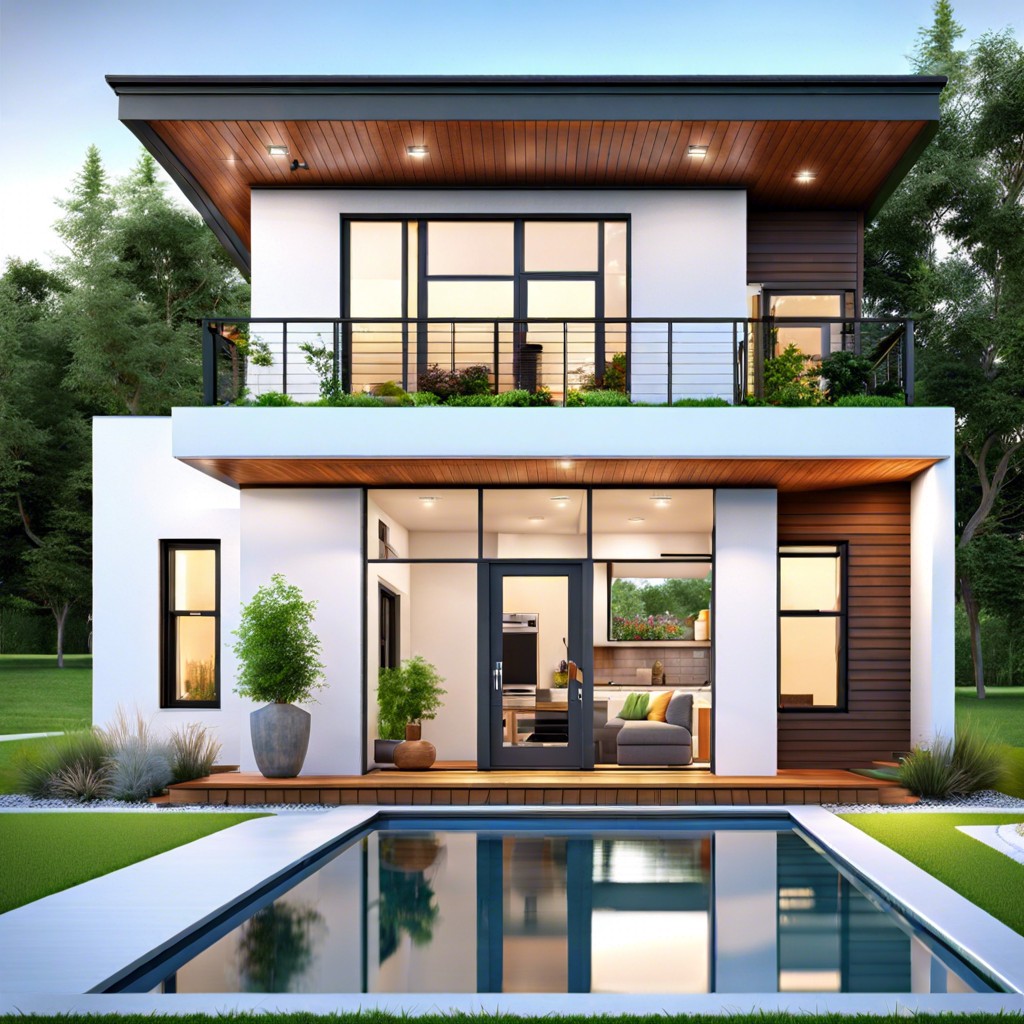
Solar water heaters utilize sunlight to heat water for household use, reducing energy consumption and lowering utility bills. This technology harnesses solar power to provide hot water efficiently and sustainably.
High-efficiency HVAC Systems
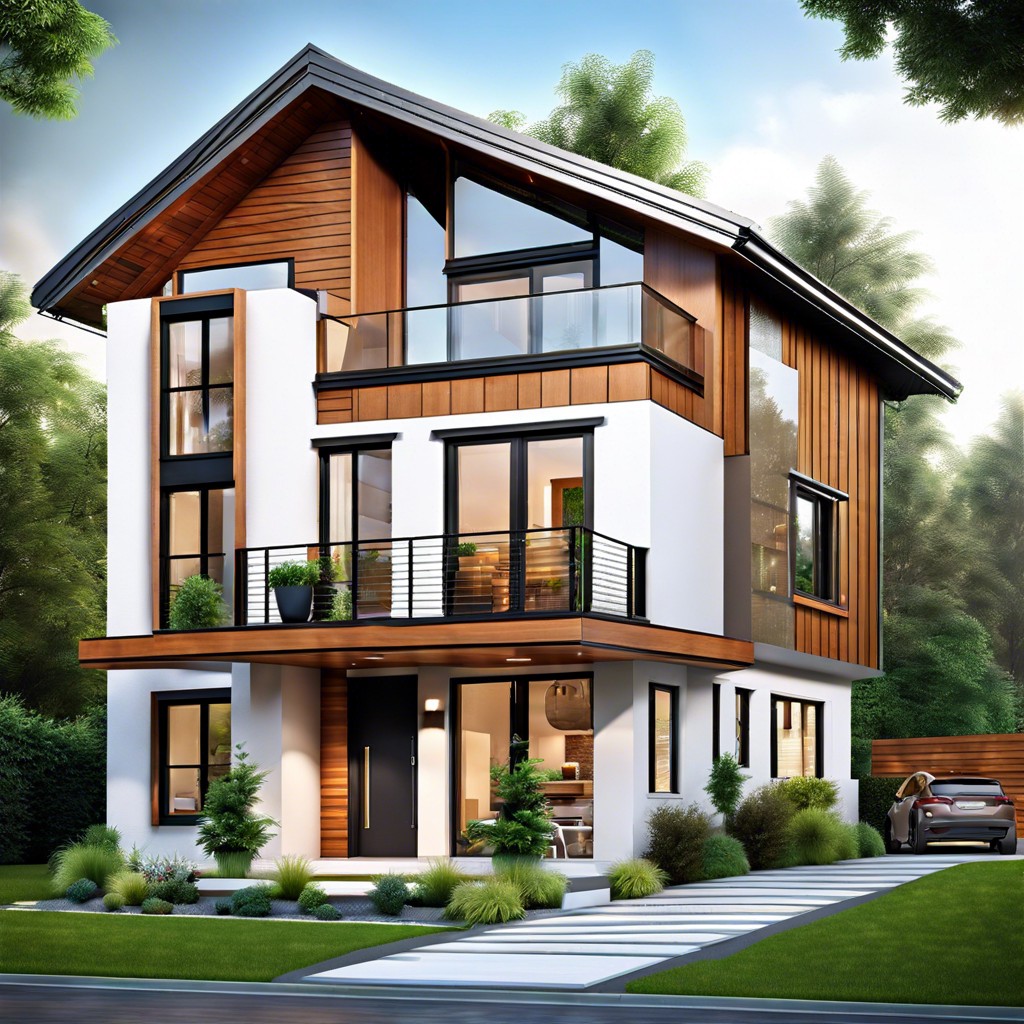
High-efficiency HVAC systems are crucial for reducing energy consumption in homes. These systems efficiently heat or cool the house while using less power.
Double or Triple Glazing
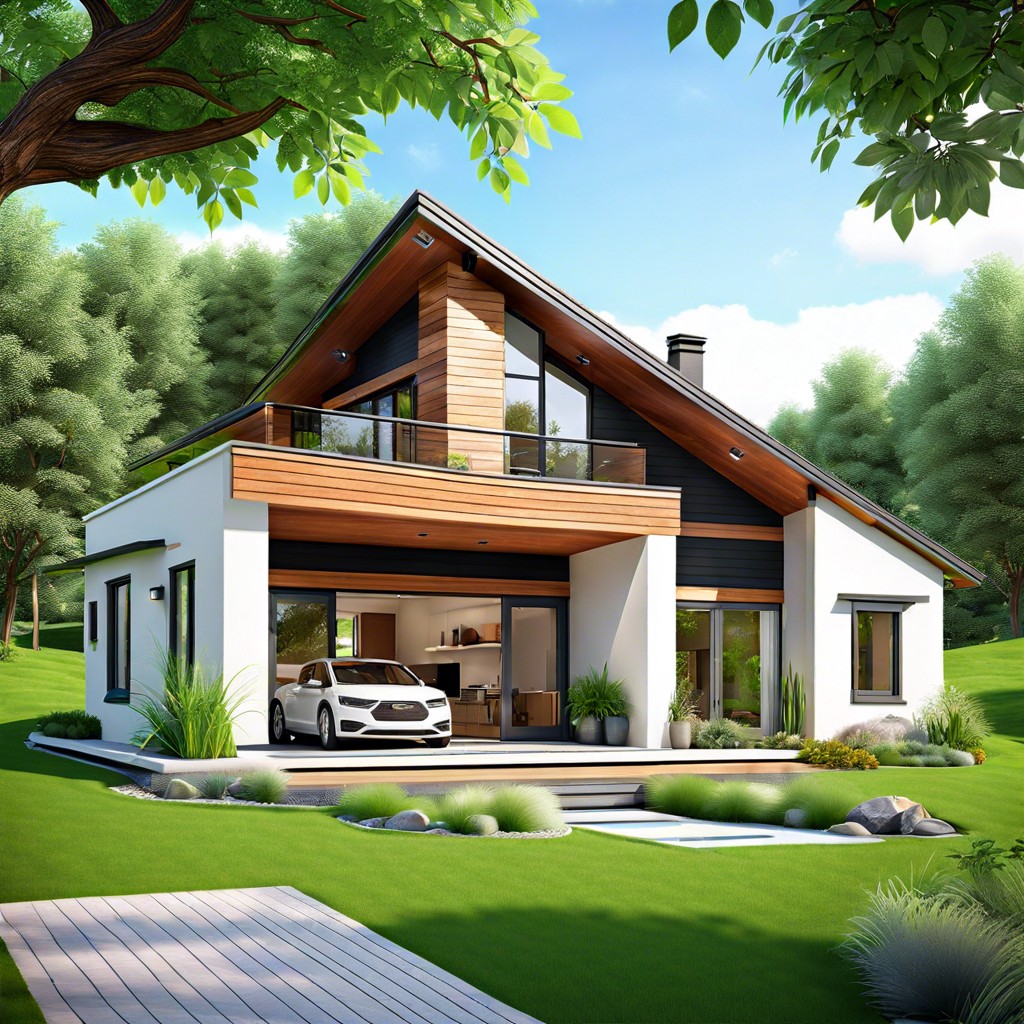
Double or triple glazing refers to windows with multiple panes of glass separated by a gas-filled space, which helps to improve energy efficiency by reducing heat loss. This type of window is a key feature in energy-efficient homes as it provides better insulation and helps lower heating and cooling costs.
Programmable Shading Devices
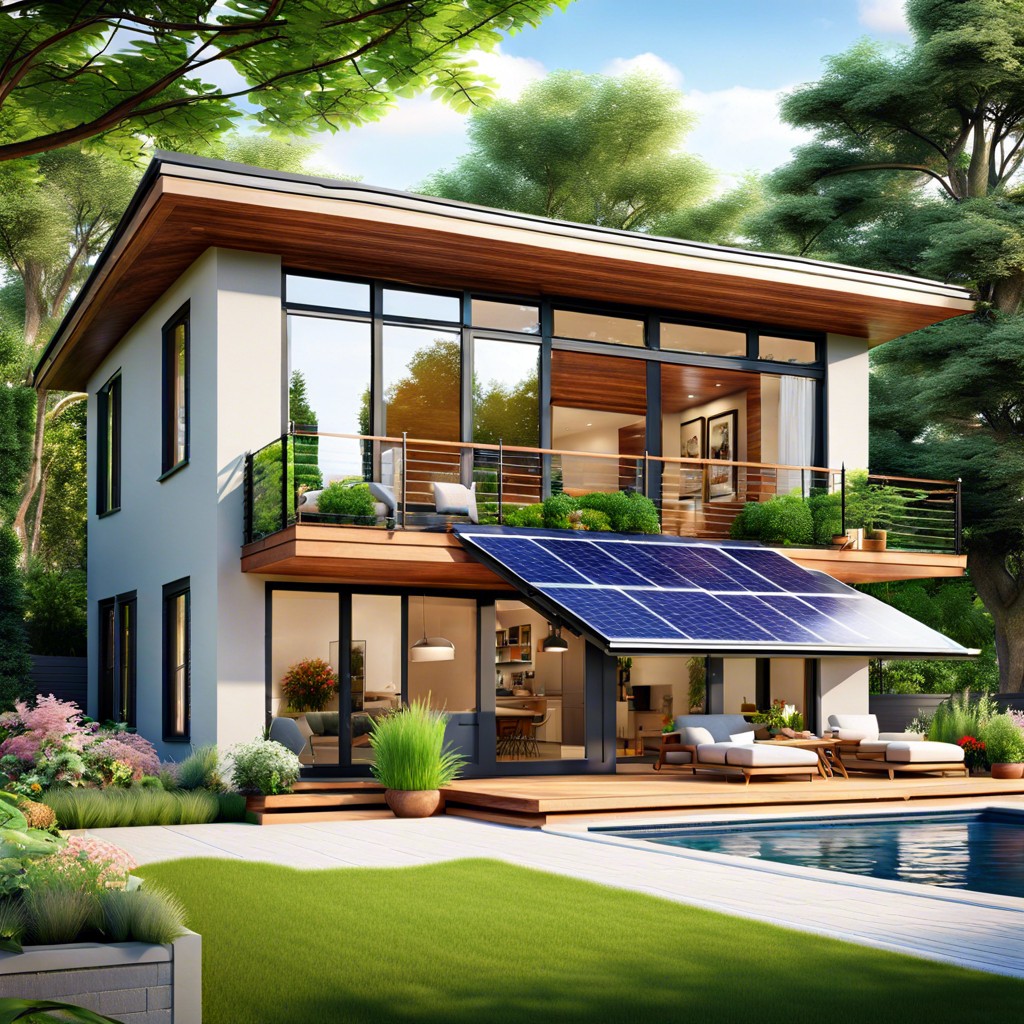
Programmable shading devices control natural light and heat gain, optimizing energy efficiency. They automatically adjust to external conditions, reducing the need for heating or cooling.
Table of Contents
